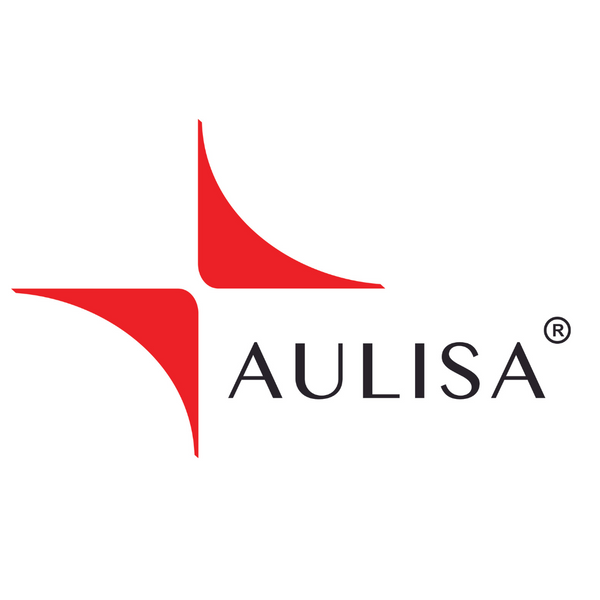During Nurse Appreciation Week and National Hospital Week, we visited 12 hospitals and clinics across Southern California. The goal was to honor providers while also listening carefully to their experiences. What we saw and heard confirmed the daily reality of frontline care: staff stretched thin, patients anxious, and technology that too often adds stress instead of reducing it.
At LA County Hospital, one registered nurse summarized the challenge clearly: “Nurses are short on time. When one thing fails, everything fails. And at the end of the day, it is about accuracy. If the monitor does not give us the right numbers, nothing else matters. And we cannot trust the alarms anymore. That is a danger to the patient.”
Three themes came up consistently in our conversations. Accuracy was a constant concern. Providers described oxygen readings that appeared dangerously low even when patients were stable, leading to repeated rechecks, cable adjustments, and wasted time. Alarm fatigue was another major issue. Frequent false alarms disrupted care and created desensitization, leaving staff worried about missing true emergencies. Patient comfort and dignity were also compromised. Wires and sensors interfered with basic activities like eating, sleeping, or moving to the restroom, often heightening frustration for patients already under stress.
The weight of these issues was visible throughout our visits. In NICUs, infants were tethered to wires. In adult units, patients struggled to move comfortably while surrounded by machines that were not always reliable. Nurses described managing up to 23 patients per shift and admitted that even while resting, the sound of alarms stayed with them.
Yet there was also a clear expression of what providers want. They asked for accurate monitoring, alarms they could trust, and fewer cables that restrict mobility. While many felt they had little influence over technology decisions, they knew what would make their work safer and more effective.
We were able to reassure them that solutions exist. Aulisa’s FDA-cleared wireless monitoring technology directly addresses these concerns, with clinically validated SpO₂ accuracy, customizable alarms to reduce false alerts, and centralized monitoring to support staff who cannot be at the bedside at all times. Many providers told us it sounded too good to be true. We emphasized our commitment to ensuring that it is not.
These field visits were more than observational. They highlighted the urgent need for monitoring technology that is safe, reliable, and supportive of both patient care and clinician well-being. Accuracy is not just a technical requirement. It is the foundation of trust, the driver of clinical decision-making, and the safeguard that every patient and every caregiver deserves.

